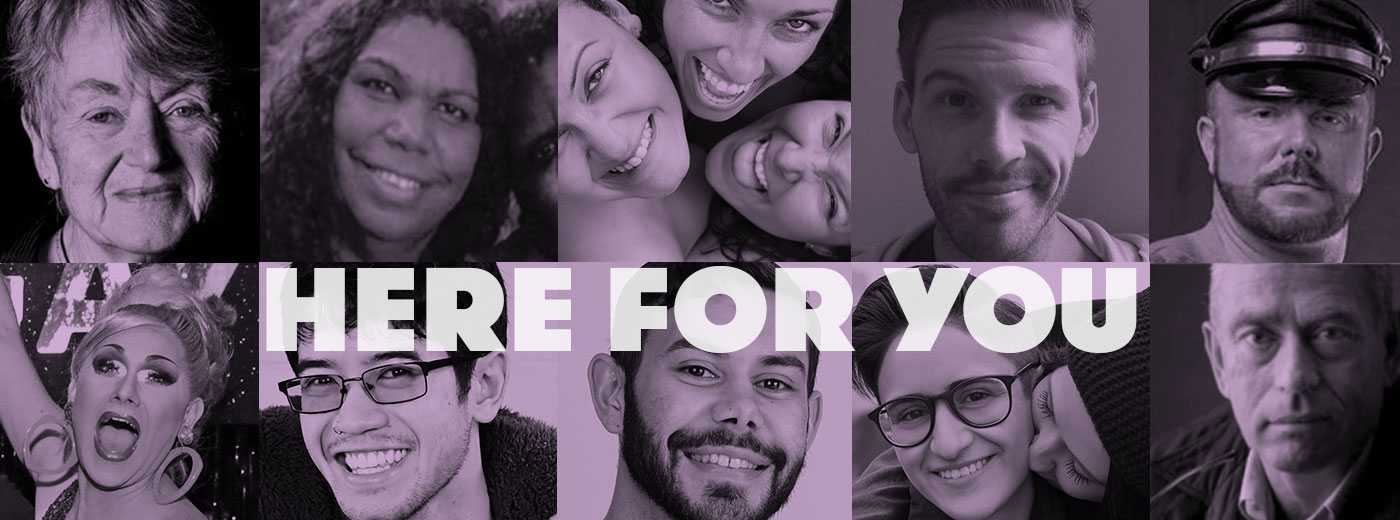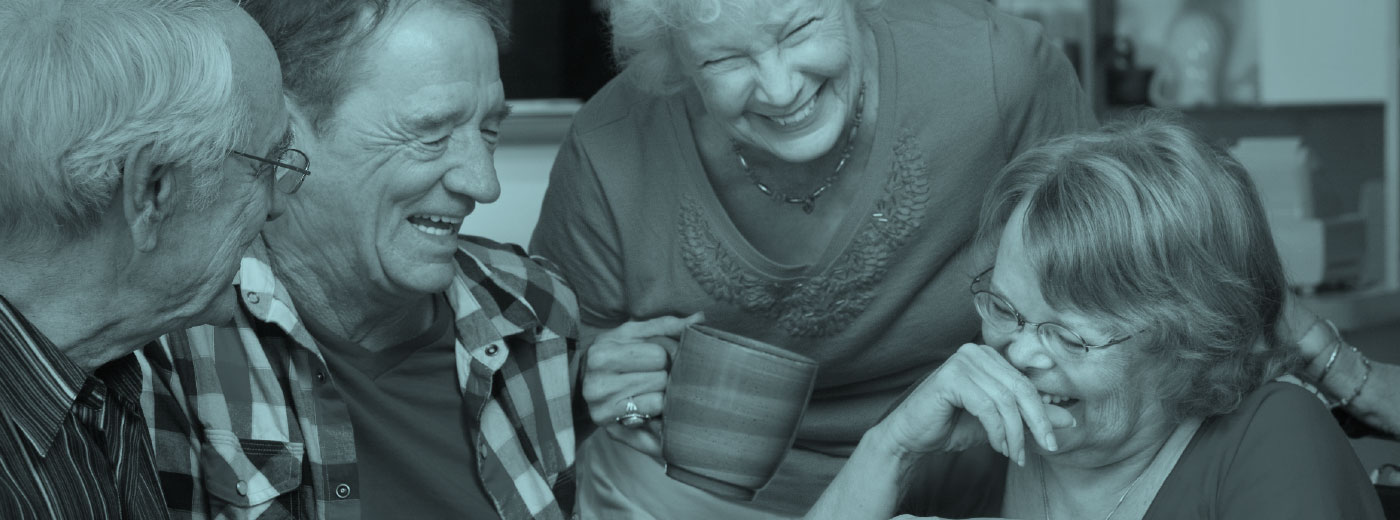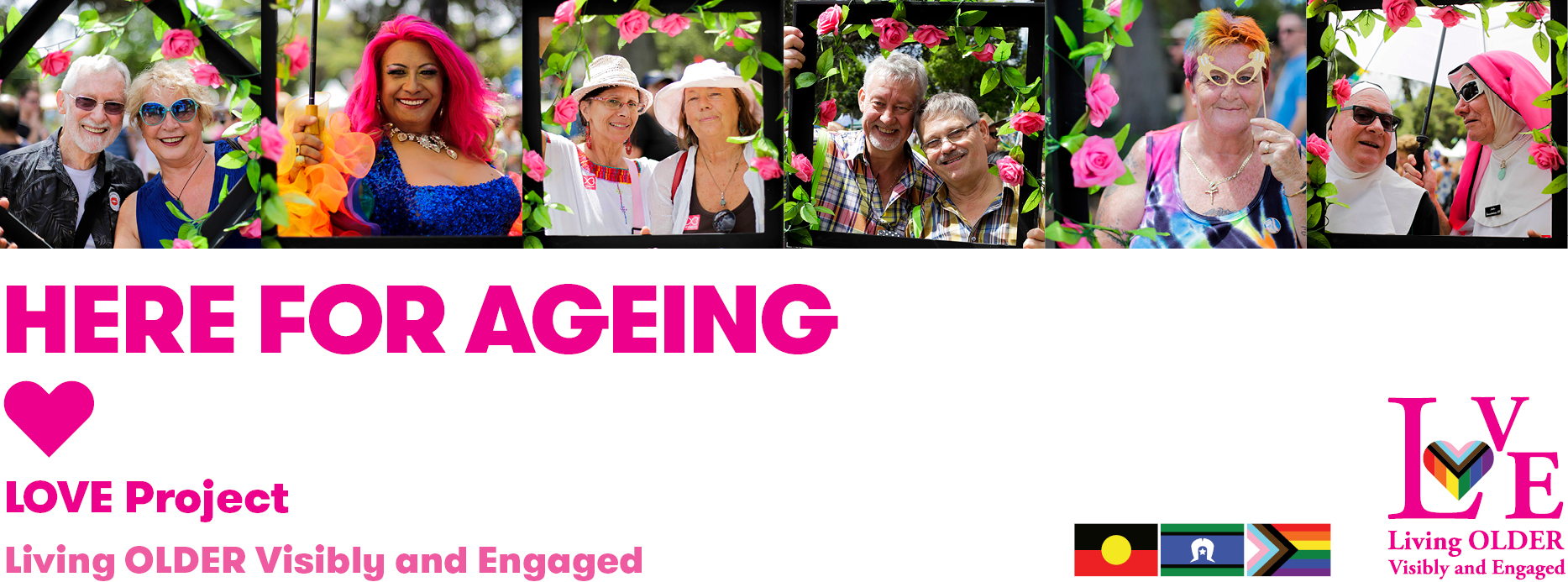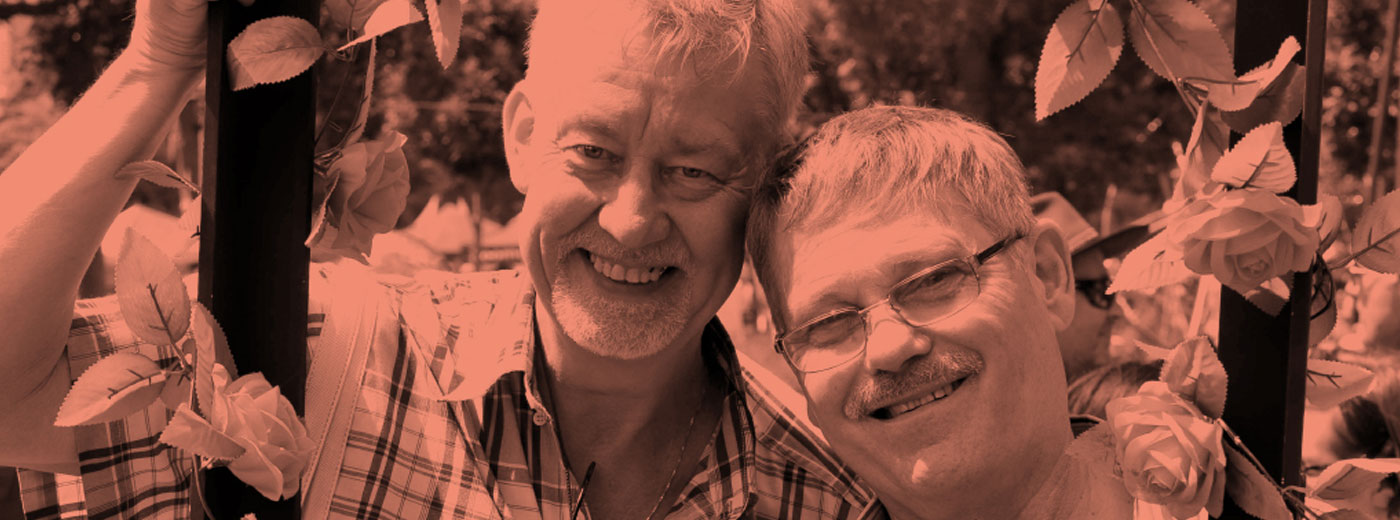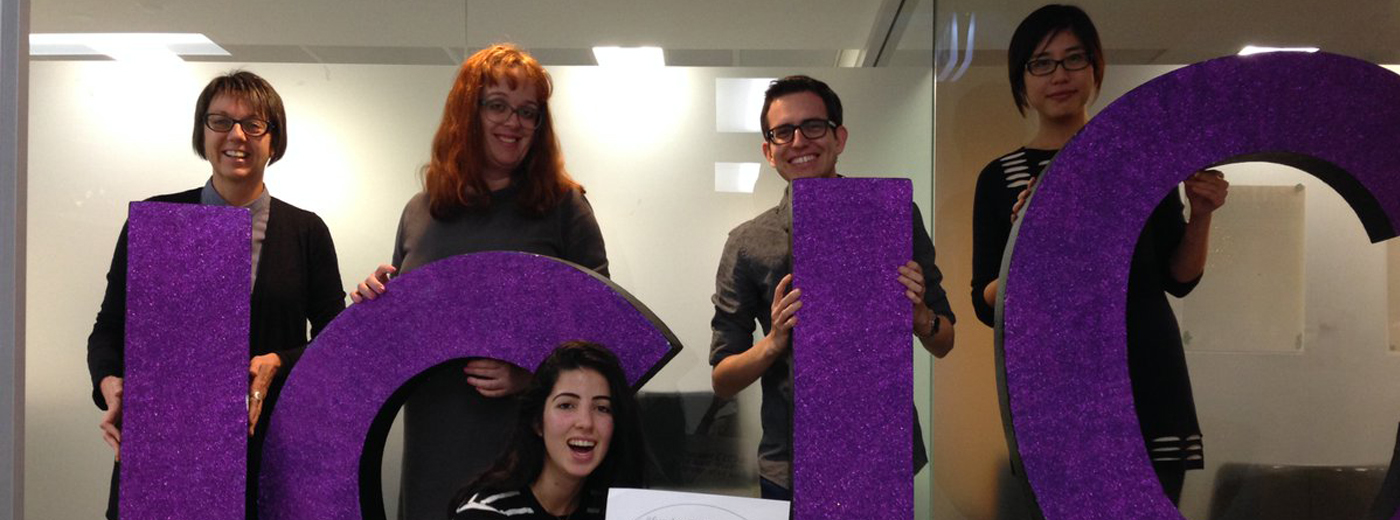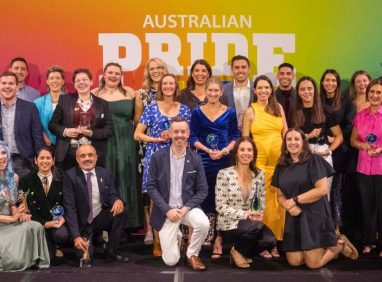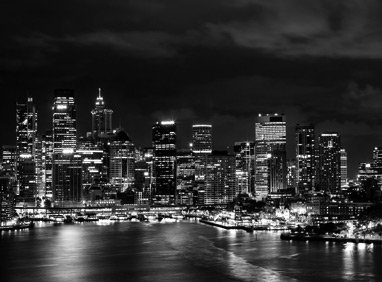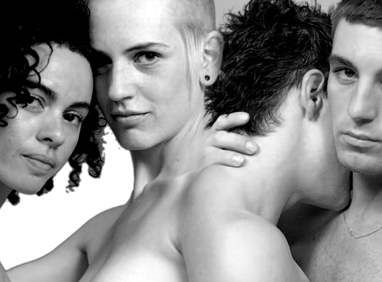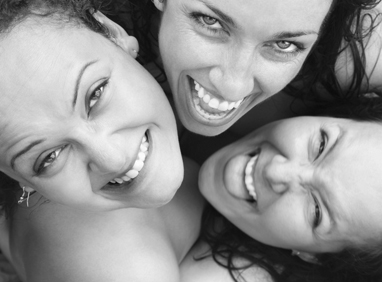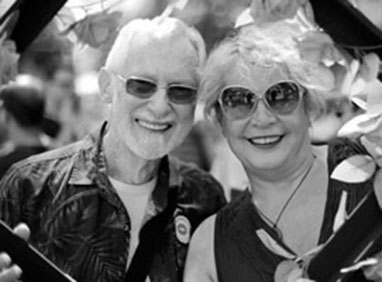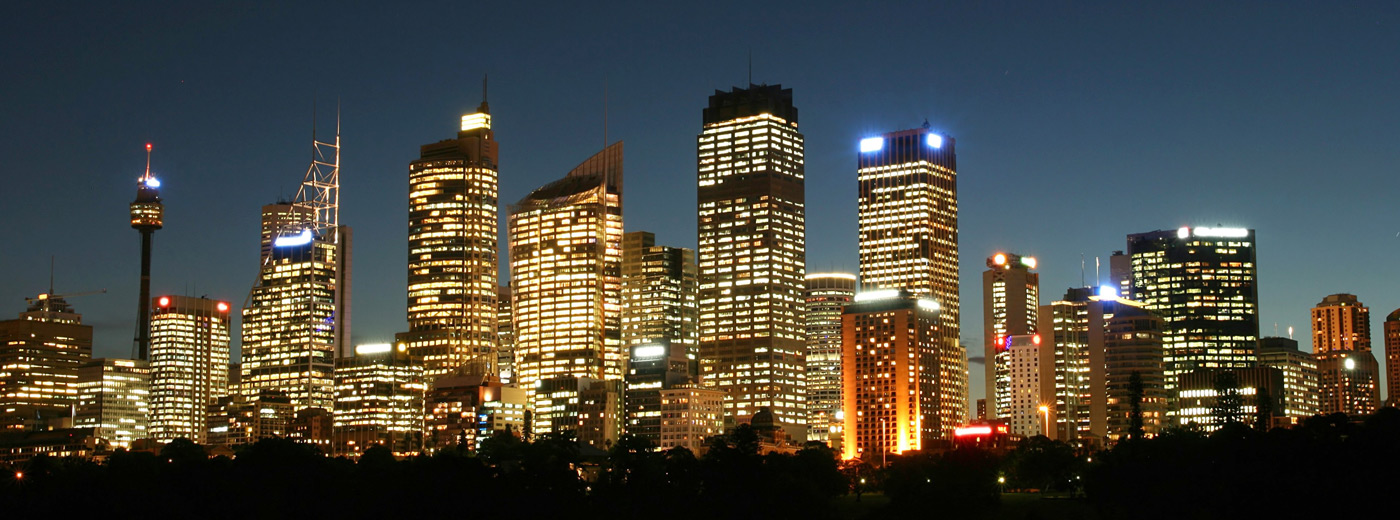
NSW Parliamentary Inquiry into Gay and Transgender Hates Crimes Between 1970 and 2010
Background
In a dark period of New South Wales’ history between 1975 and 2000, it is estimated that 84 gay men and 4 transgender women were killed by acts of anti-gay and anti-transgender violence. In some cases, these deaths were attributed to improbable “accidents” and unlikely “suicides”. More than 20 cases remain unsolved leaving families and loved ones without answers, closure or justice.
Hundreds more survived these violent attacks. Many of these incidents were brutal, including stabbings, strangulation, bludgeoning, shooting, sexual assaults and frenzied attacks. As well as anti-LGBT bias, many of these crimes were fuelled by HIV stigma.
Since 2015, ACON has been working with a range of community partners on a range of responses to address the grief and trauma brought on by these events, that is still being felt by many in our communities. In the search for justice and healing, ACON reviewed a list of 88 gay and transgender hate killings, and key findings from this review was released in the report In Pursuit of Truth and Justice Report, published in May 2018.
The NSW Parliament acted on these findings by initiating a formal Inquiry in September 2018 to better understand the extent and impact of violence, whether LGBT people in New South Wales were effectively protected and justice delivered, and whether the current response to hate crimes is adequate.
The NSW Legislative Council’s Standing Committee on Social Issues released its Interim Report in February 2019. Read the Interim Report from the first phase of the Inquiry here.
- Inquiry Reopened: October 2019
In October 2019, the NSW Legislative Council’s Standing Committee on Social Issues re-opened the NSW Parliamentary Inquiry into LGBT violent hate crimes, in an effort to hear from more submissions from people in our communities.
The second and final report includes a range of findings and recommendations that aims to foster healing and deliver justice for loved ones of victims and survivors of these historical crimes.
In its findings, the report stated the NSW Police Force failed in its responsibility to properly investigate historical hate crimes. It also found that victims carry enduring physical, mental and emotional trauma as a result of their experiences, and that acknowledging past wrongs by those who failed to protect and deliver justice is a necessary step towards healing.
As well as the establishment of a judicial inquiry into unsolved cases of suspected gay and transgender hate crime deaths, the report also recommended:
- The NSW Government provides a comprehensive update on the implementation of the recommendations in NSW Police Strike Force Parrabell
- The NSW Government ensures that adequate victim support services are made available to those impacted historical gay and transgender hate crimes
- The NSW Government provide further funding to ensure the completion of the Bondi Memorial in Marks Park in Bondi, in honour of the victims and survivors of LGBTIQ hate crime
- The NSW Police Force ensure that its computerised operational policing system adequately captures LGBTIQ hate crimes
Read the NSW Parliamentary Inquiry into Gay and Trans Hate Crimes Final Report here.
- Government response: November 2021
In November 2021, the NSW Government announced that it will establish an inquiry into unsolved gay and transgender hate crimes.
The NSW Government also announced that it supports all other findings and recommendations outlined in the Legislative Council’s Standing Committee on Social Issues’ report, including the ruling that the NSW Police Force failed in its responsibility to properly investigate historical hate crimes. It also found that victims carry enduring physical, mental and emotional trauma as a result of their experiences, and that acknowledging past wrongs by those who failed to protect and deliver justice is a necessary step towards healing.
Read about ACON’s response to the NSW Government’s announcement of a judicial inquiry into gay and transgender hate crimes here.
Special Commission of Inquiry into LGBTIQ Hate Crimes
Led by the Honourable Justice John Sackar (the Commissioner) and first launched in April 2022, the Inquiry looked into the unsolved deaths of LGBTIQ people that may have been hate crimes between 1970 and 2010 that had been the subject of previous investigation by the NSW Police Force.
In particular, the Inquiry looked into the 88 deaths or suspected deaths of men potentially motivated by gay hate bias that were investigated by Strike Force Parrabell.
ACON has aided the Inquiry during this process by several means. ACON has promoted information about the Inquiry through our social media and physically through regional channels with the distribution of flyers to encourage community members to share their stories with the Inquiry. ACON collaborated with SWOP and the Gender Centre to produce social media materials to promote public hearings of the Inquiry.
ACON has contributed significant information, evidence, support, and historical materials in the lead up to and during hearings of the Inquiry. ACON has also provided support to the Inquiry through Pride Training and Pride Counselling along with internal support and feedback to the Inquiry.
The final report contains seven recommendations relating to specific cases, as well as 12 recommendations relating to investigative and record management practices and procedures, including:
- Establishment of a review or audit by NSW Police of all unsolved homicides for the period 1970 to 2010, including review of exhibits and those that should be submitted for forensic testing in light of possible technological advances.
- Several recommendations relating to the enhancement of the Unsolved Homicide Team (UHT) including a review of practices, procedures and resourcing of the UHT, and provision of training.
- Implementation of mandatory and ongoing training for NSW Police officers concerning the LGBTIQ community, including in relation to LGBTIQ bias crime, conscious and unconscious bias in investigations, and the engagement of appropriately qualified experts to ensure international best practice in NSW.
